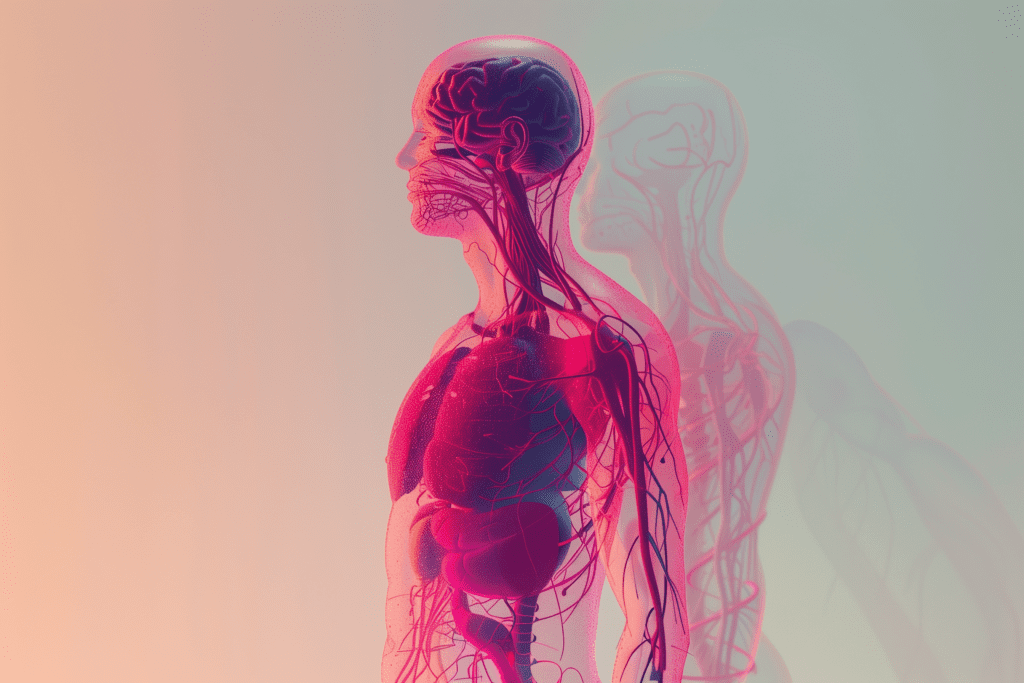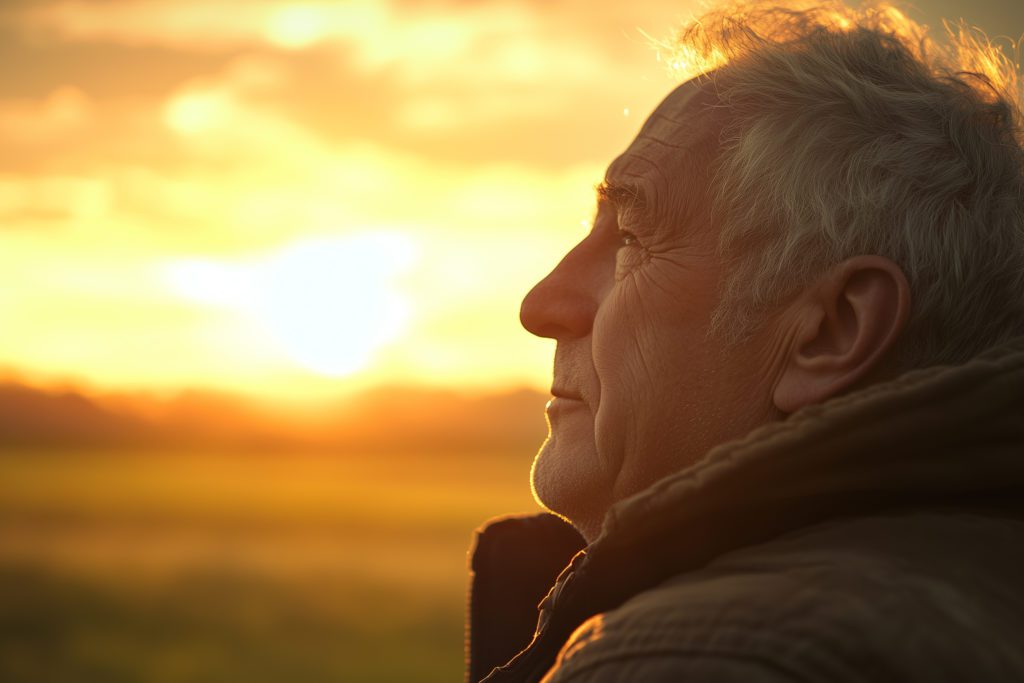
Age-Related Changes in Sleep Patterns and Nighttime Peeing
As we age, sleep patterns change. This can cause sleep issues. Environmental factors like getting up frequently to pee can also contribute to insomnia.

Older adults need seven to nine hours of sleep, the same amount of sleep as younger adults. However, research shows that many adults over the age of 60 aren’t getting that amount of sleep. About 50 percent of older adults have difficulty sleeping.
Sleep patterns change as you get older. In addition, certain external factors, such as frequent bathroom breaks at night, can make sleep elusive. In fact, waking up too often to pee can ruin your sleep.
Sleep plays an important role in both physical and mental health. It's important to understand what's happening with sleep as you get older, so you can find ways to sleep better. In older adults, poor sleep can increase the risk of memory problems, depression, and falls. Frequent insomnia also raises the risk of several health conditions including depression, stroke, and heart disease.
Here’s more on the sleep changes that take place as you age, nighttime peeing, and how to get better sleep.
How Sleep Patterns Change As We Get Older
As we age, sleep patterns simply change. At 65, you won’t sleep the same way as you did at 18. There are several things that contribute to this.
Disruptions in Our Circadian Rhythm
The area of the brain that controls our circadian rhythm weakens as we get older. This causes disruptions in sleep patterns. That’s why older adults may have a harder time falling asleep and waking up earlier than they used to. This is a normal part of aging.
Decreased Melatonin Production
Aging affects the production of melatonin, the body’s sleep-inducing hormone. Melatonin levels gradually lower with age. Melatonin helps your body prepare for sleep. So, older adults who don’t make enough of it may have trouble falling asleep.
Changes to Sleep Stages
Older adults spend less time in the deepest — more restorative — stages of sleep, and more time in the lighter stages. Because of this, older adults are more likely to be awakened easily by noise that wouldn’t have bothered them before. Less restorative sleep can also lead to more time spent napping during the day. They also get less rapid eye movement sleep (REM). This type of sleep is important for memory consolidation.
How Does Nighttime Peeing Affect Sleep?
Most people can go the whole night without needing to pee. However, as we age, it's common to wake up at night to pee. The medical terminology for this is called nocturia — if it happens more than once per night. The prevalence of nocturia is as much as 90 percent in those who are over the age of 80. The older you are, the more likely you are to need to pee at night. That’s because your body produces less of the antidiuretic hormone that helps you hold your urine until the morning.
Also, certain age-related health problems are likely to make you need to pee. Some medications, such as diuretics, make you urinate more, as well.
Some people need to wake up one or two times a night to pee. Others wake up as many as six times a night. Getting up to use the bathroom frequently can result in serious daytime fatigue and sleep loss.
Waking up throughout the night to pee can interrupt your sleep cycle and lead to fragmented sleep. This can prevent you from getting to the restorative, deeper stages of sleep. Because of this, you may wake up feeling groggy and tired.
Other Common Sleep Disruptions
Besides frequent urination in the middle of the night, there are several other conditions and problems that can make you wake up frequently at night. Here are some of the most common disruptions to sleep in older adults.
- Medications - 90 percent of adults over the age of 65 take prescription medications. Many meds can affect sleep. Certain medications like beta blockers, nonsteroidal anti-inflammatory drugs (NSAIDs), and beta-blockers can lower your quality of rest.
- Medical Conditions - Arthritis, GERD, diabetes, prostate problems, and other medical problems can interfere with sleep.
Ways to Get Better Sleep as You Age
Improving your sleep hygiene can help you get better sleep. Here’s how.
- Nap strategically- Many older adults like to take daytime naps. There’s nothing wrong with naps. But, If you do take one, keep it short, and don’t nap past 3:00 p.m.
- Avoid caffeine and alcohol late in the day - Both of these can cause you to wake up more than normal in the middle of the night to pee.
- Drink less close to bedtime - If you drink too much close to bedtime, it could very well cause you to wake up in the middle of the night to pee. Reduce fluid intake four hours before you go to sleep.
- Use the bathroom before you go to bed - This may make it less likely that you’ll need to wake up in the middle of the night to pee.
- Review your medications - If you take diuretics, ask your doctor if you can take them in the morning.
- Drown out sound - Install blackout curtains, put a towel under your door, or use a white noise machine.
- Stay active - Older adults tend to get less exercise. Unfortunately, this can negatively impact sleep. Be sure to get a healthy amount of daily exercise even if it’s just light activity.
When To See a Doctor
Frequent urination at night is a normal age-related condition. Still, it can be a symptom of a serious condition, such as a urinary tract infection (UTI). So, it’s reasonable to see your doctor for a check-up if you frequently have to get up in the middle of the night to pee. It might not be anything to worry about but you still want to rule out health causes for the frequent urination.
Final Thoughts
There’s a clear connection between good sleep and well-being in older adults. However, there are several changes that occur as we get older that can affect sleep, including the need to pee more often during the night. Fortunately, there are some easy lifestyle changes that can help you get a good night’s sleep more often.

Written by
Emily Mendez
Emily Mendez is a former therapist and mental health author. She is one of the leading voices in mental health. Emily's writing has appeared in eCounseling, SonderMind, and more. Emily is frequently interviewed by Healthline, Fatherly, INSIDER, Family Circle, and other national media for her advice and expert opinion on the latest mental health topics.
Download Pillow
Get help
Press & News
Legal
Connect
X (Twitter)
Company
Copyright © Neybox Digital Ltd.



